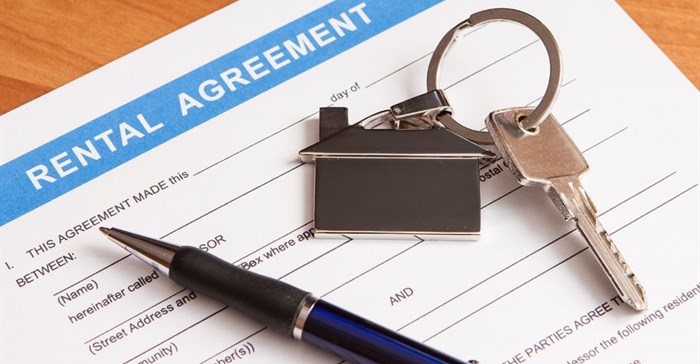The Rental Housing Act consists of laws designed to protect the rights of landlords and tenants in the South African residential rental industry. However, not all landlords are rental professionals, and very few tenants have much experience in rental law, which is why disputes over rights and responsibilities occur with unfortunate frequency.
“The most common disagreements between tenants and landlords arise from the incorrect interpretation or application of the laws presented in the Rental Housing Act,” says Jacqui Savage, the national business development manager for Rawson Rentals. “In other industries, this kind of situation would most likely require private mediation services or legal action, which can be very expensive for everyone involved. Luckily for South African landlords and tenants, the government has provided a free legal support system for the residential rental industry in the form of the provincial Rental Housing Tribunal.”
Tribunals have several functions
These tribunals (previously known as the Rent Board) are autonomous in each province, and have several functions, including promoting stability in their local residential rental sector, investigating and facilitating dispute resolution, and educating interested parties on fair and lawful rental practices. Their services can be contracted by any South African citizen or legal resident, free of charge.
“Having access to this kind of facility is invaluable for both landlords and tenants,” says Savage, “because it provides an objective third party – with expert relevant knowledge – to advise and mediate when tenant-landlord relationships breaks down.”
According to Savage, the most common issues taken to the tribunals by tenants include illegal eviction, invasion of privacy, unlawful changes to a lease, inadequate property maintenance and interruptions to municipal services. Landlords typically approach the tribunals for help with tenants who are in breach of their lease, refuse to comply with a legal notice to vacate the premises, or have damaged a property beyond the scope of the security deposit.
“The process for lodging a complaint with the Rental Housing Tribunal is quite simple,” says Savage. “You just need to fill out a form, which is usually available on your provincial tribunal’s website, or from their local offices. Once this has been submitted, the tribunal conducts an investigation to decide whether unfair or unlawful practices are taking place, and if so, they will arrange formal or informal mediation to try to resolve the issues without resorting to court.”
Tribunal Court
If no resolution is reached during the tribunal’s mediation process, the case will be handed over for a formal hearing in the Tribunal Court. This does not, however, mean a decision reached by the tribunal mediators isn’t legally binding.
“Agreements reached during mediation conducted by the Rental Housing Tribunal carry just as much weight as a ruling made after a formal hearing,” says Savage. “Failure to comply with tribunal decisions can result in a fine or even jail time, which makes it extremely important that all parties take the proceedings seriously, and negotiate in good faith.”
Not all Rental Housing Tribunal duties involve mediation or arbitration, however; their contact centres are also a great source of advice if you’re unsure of good residential rental practices as either a landlord or a tenant.
Legal evictions are governed by the Prevention of Illegal Evictions (PIE Act) and Unlawful Occupation of Land Act, which falls outside the ambit of the Rental Housing Tribunal and professional legal advice regarding this issue is advised.



























![Today, Halo and Demographica announce a new specialist agency, Second Rodeo]], headed up by Mike Stopforth (left). Dean Oelschig, managing partner and founder of Halo (right) says they will work as a group but ultimately, each agency will be an individual specialist](https://biz-file.com/c/2505/772543-64x64.jpg?2)


